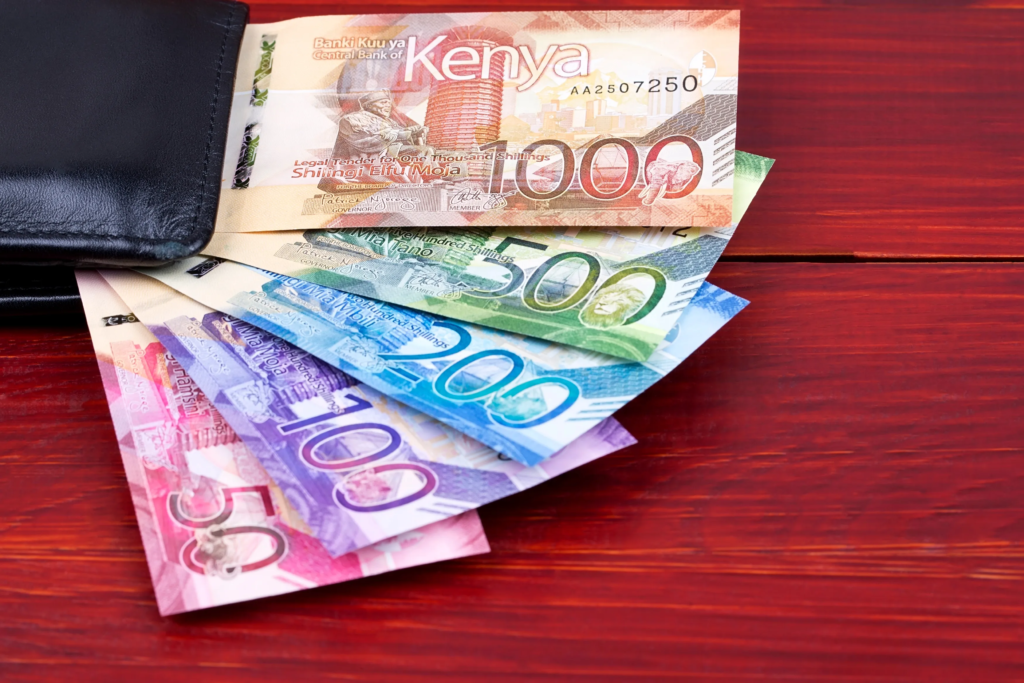
The Kenyan shilling has been experiencing a notable appreciation against the U.S. dollar, sparking discussions on the factors driving its strengthening. This recent surge is influenced by several economic and policy-driven factors that have increased investor confidence and foreign exchange inflows into the country.
Key Factors Behind the Strengthening of the Kenyan Shilling
1. Increased Foreign Exchange Inflows
One of the major contributors to the shilling’s appreciation is the rise in foreign exchange inflows. The Kenyan diaspora has been sending increased remittances, which provide a consistent stream of foreign currency into the country. Additionally, heightened investor interest in government bonds and infrastructure projects has led to a boost in forex reserves, helping stabilize and strengthen the shilling.
2. Central Bank’s Monetary Policies
The Central Bank of Kenya (CBK) has implemented policies that have contributed to the stability of the shilling. The recent adjustment of the base lending rate has influenced liquidity in the financial sector, making the local currency more attractive. CBK has also been intervening in the forex market by selling dollars to stabilize volatility, ensuring that the shilling does not experience sharp fluctuations.
3. Stable Inflation and Improved Economic Outlook

A stable inflation rate plays a crucial role in supporting currency strength. Kenya has managed to maintain relatively controlled inflation, which enhances investor confidence. A predictable and stable inflation environment reassures both local and international investors, making the shilling a stronger and more stable currency.
4. Increased Export Revenues
Kenya’s export sector has been performing well, particularly in agricultural exports such as tea, coffee, and horticultural products. Increased global demand for these commodities has led to higher foreign exchange earnings, which in turn support the strengthening of the shilling. With better export performance, Kenya receives more foreign currency, reducing pressure on the local currency.
5. Political Stability and Economic Confidence
Political stability plays a crucial role in shaping economic performance. A stable government creates a favorable environment for investment, leading to increased capital inflows. The strengthening of the shilling can also be attributed to investor confidence in Kenya’s economic policies, governance, and business climate.
Impact of the Shilling’s Strengthening
1. Reduced Cost of Imports
A stronger shilling makes imported goods cheaper, benefiting consumers and businesses that rely on imported raw materials. This could help reduce inflationary pressures, especially for essential commodities such as fuel, machinery, and pharmaceuticals.
2. Lower Debt Repayment Burden
Kenya’s external debt, which is largely denominated in U.S. dollars, becomes more manageable when the shilling gains value. A stronger shilling means that the government requires fewer local currency units to service its foreign debt, easing the pressure on national finances.
3. Potential Challenges for Exporters
While a stronger currency benefits importers, it may pose challenges for exporters. A strong shilling makes Kenyan goods more expensive in international markets, potentially reducing competitiveness. The government will need to balance currency strength with policies that support the export sector to avoid negative effects on trade.
Future Outlook and Sustainability
The sustainability of the shilling’s current strength depends on continued foreign exchange inflows, stable monetary policies, and a favorable global economic environment. While the recent appreciation is a positive indicator, the government and financial institutions must remain proactive in managing external economic shocks and ensuring economic resilience.
Conclusion
The recent strengthening of the Kenyan shilling is driven by increased foreign exchange inflows, strategic monetary policies, stable inflation, and political confidence. While this brings benefits such as cheaper imports and reduced debt servicing costs, it also presents challenges for exporters. Moving forward, Kenya must implement balanced economic policies to sustain the gains while ensuring long-term economic stability.

